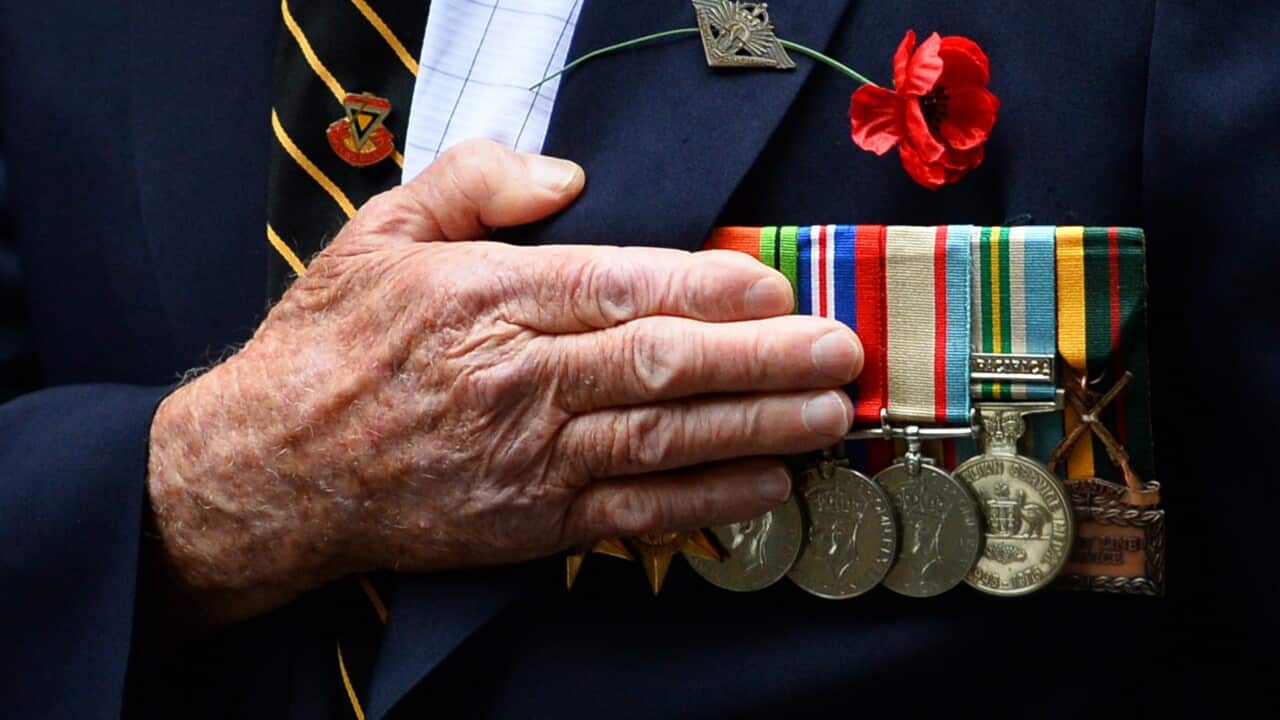1. Ruins by Rajith Savanadasa
If you want to know more about the aftermath of the civil war that besieged Sri Lanka until its violent end in the country’s north in 2009 - a bloody reckoning which killed up to 40,000 civilians caught between the warring government and Tamil forces - then the book, Ruins is a good place to start.
The acclaimed first novel from , who grew up in Colombo and moved to Melbourne in 2001 to study engineering at RMIT, Ruins is a family saga told from the perspective of its five central characters: Mano, a newspaper editor, his wife Lakshmi, their entrepreneurial son Niranjan, rebellious daughter Anoushka and dedicated servant Latha.

Winner of the Pulitzer Prize for Fiction, 2016: The Refugees. (Supplied) Source: Supplied
2. The Refugees by Viet Thanh Nguyen
“For all refugees, everywhere,” reads The Refugees’ dedication. Born in Vietnam, author Viet Thanh Nguyen arrived in the United States in 1975 when he was four. In 2016, he won the Pulitzer Prize for Fiction for his debut novel, The Sympathizer.
Nguyen’s latest work, The Refugees, is a collection of short stories, each an incisive vignette of the refugee experience. In the opening story, Black-Eyed Women, the narrator recalls an episode of unspeakable violence during their traumatic escape from Vietnam. In the Other Man, the culture shock of arriving in the thick of gay 1970s’ San Francisco gives way to adaptation and acceptance.
Nguyen explores the refugee’s double life – the new one in a foreign country, and the one left behind. Written about the aftermath of the Vietnam War, this book raises the obvious question of what stories today’s refugees will tell in years to come of their flight and resettlement in a new country.
3. The Hate Race by Maxine Beneba Clarke
A distressing verbal attack forms the opening scene of The Hate Race, Maxine Beneba Clarke’s memoir of . ‘Go drown your kid!” screams a man in a ute as Clarke pushes her baby daughter in a pram along a Melbourne footpath. “It’s been about ten months since I was openly abused on the street by a total stranger,” she observes. The episode leaves her heartbroken and angry – “not at the young ute driver, at myself. For letting this upset me. I should be used to this.”
Clarke’s British-Jamaican parents arrived in Australia from London and raised three children in western Sydney. Clarke’s memoir recalls a childhood where racist taunts and schoolyard bullying were overlooked by complicit adults. For those asking, ‘is Australia racist?’, The Hate Race answers sadly in the affirmative.

Time out to reflect. Time out to read. Time out to be moved. (Getty Images) Source: Getty, Moment RF
4. Exit West by Mohsin Hamid
Mohsin Hamid’s new book Exit West is a timely literary depiction of the contemporary refugee crisis unfolding in the world today. The middle class lives of central characters Saeed and Nadia are upended by civil war. They flee their unnamed homeland and travel to Greece and England before arriving in the United States, where they make a new life.
A Pakistani author whose previous books include The Reluctant Fundamentalist and How to Get Filthy Rich in Rising Asia, Hamid’s focus is not the refugee’s journey, which in real life is invariably hazardous and traumatic. In Exit West, Saeed and Nadia leave their country through a magic door that sets them upon a beach on the Greek island of Mykonos. Hamid is instead concerned with notions of exile and belonging, exploring the dislocation of leaving home to make a life in a foreign place.
5. Kruso by Lutz Seiler
Poet Lutz Seiler won the German Book Prize in 2014 for his debut novel, Kruso, now translated into English by Tess Lewis.
In the summer of 1989, literary student Edgar (Ed) Bendler travels to Hiddensee, an island in the Baltic Sea popular among East German holidaymakers during time of the German Democratic Republic (DDR). Both a gathering place for misfits and a conduit out of East Germany, the island is where Ed meets Kruso, a charismatic young Russian called Andrew Krusowitch. A backdrop to the unfolding story is the demise of the DDR on the mainland ahead of the fall of the Berlin Wall in November 1989.



